
Inclusive approach embraced in all appointments including in ambassadorial posts: Foreign Minister
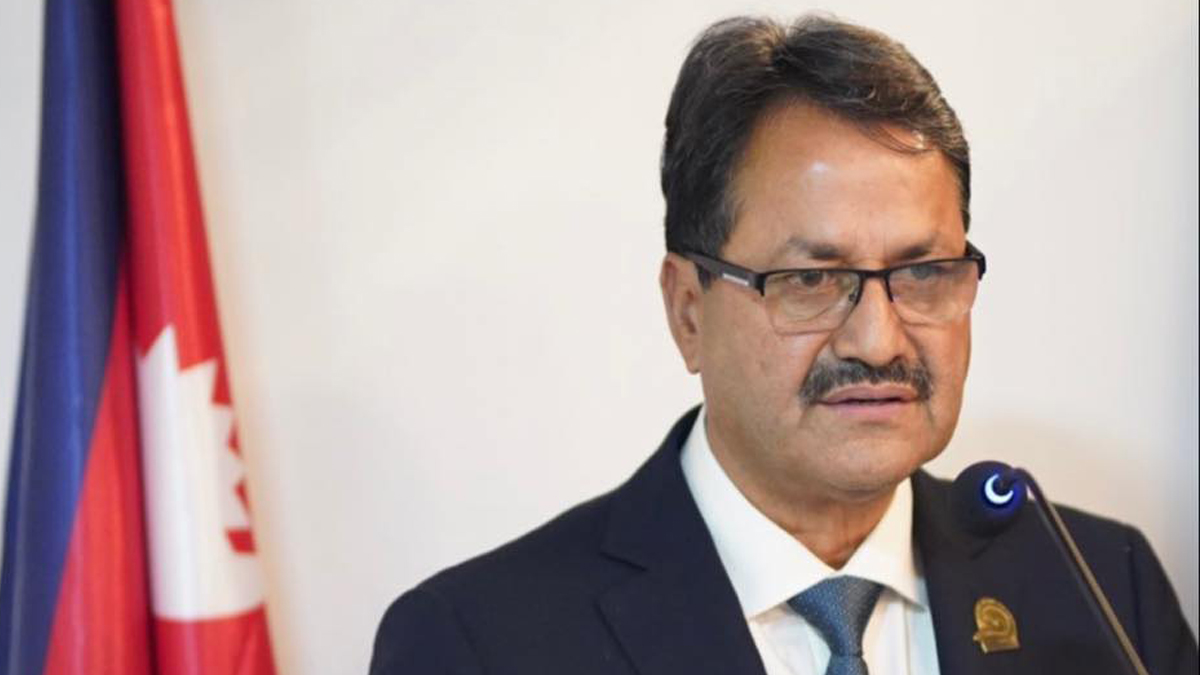
Minister for Foreign Affairs, NP Saud, has said the government is committed to implementing the principle of inclusion in all appointments to be made by it, in line with the spirit of the Constitution.
During a meeting of the Parliamentary Hearing Committee under the Federal Parliament today, the Minister said,” The government has embraced the principle of inclusion and remains committed to ensuring that all appointments it makes are inclusive.” He added that the government’s this position will be applied in the appointment of ambassadors as well.
Since the Constitution has incorporated the principle of inclusion in each State organ, Nepal’s Foreign Service remains a shining example of inclusion as it reflects diversity. Currently, out of the 26 ambassadors representing Nepal in different parts of the world, there are three women, four from ethnic communities, one Madhesi, and one person with a disability, according to the Minister.
The principle of inclusion has been thoroughly implemented right from the vacancy announcements by the Public Service Commission for the Foreign Service so that it could welcome people from diverse sections including women, Madhesi, ethnic communities, Dalits, persons with disabilities, and those from backward communities.
The Ambassador Appointment Criteria, 2074 BS has accorded priority to the principle of inclusion, diplomatic competency, academic specialization and experience as a baseline during the appointments to ambassadorial posts.
Among the 17 quotas for a joint secretary at the Ministry, only two from the Madhesi community, two women and two from the indigenous nationalities community are working at present. Similarly, out of the quota of 50 under-secretary level officials at the Ministry, at present 17 women, eight from the indigenous nationalities, two from the Madhesi community, two from the Dalit community and one each from the backward region and one person with a disability are working in the Ministry, said the Minister. Among the total 89 quotas for section officers at the Ministry, 16 are women, 12 are from indigenous nationalities, seven are from the Madhesi and three are from the Dalit clusters.
The government has been appointing senior officers of the rank of Gazetted First Class working for a long in the Foreign Service as ambassadors. The government recommends the Gazetted First Class officers in the Foreign Service to 50 per cent of the total ambassadorial posts on the basis of seniority of their post as per Clause 3 (F) of the Criteria.
The lawmakers in the Public Hearing Committee’s meeting on Tuesday had raised questions regarding the recommendation of the six persons from the Foreign Service for appointment as ambassadors not reflecting the inclusive character.
The Committee had decided in that meeting to call the Foreign Affairs Minister in its next meeting and acquire information on the matter of inclusive provision following a study of the complaints filed with it against the proposed ambassadors and diplomatic mission representatives for different countries.
The government had proposed Lok Bahadur Thapa (Permanent Representative of Nepal to the United Nations in New York), Ram Prasad Subedi (Switzerland), Sudhir Bhattarai (France), Ghanshyam Lamsal (Kuwait), Tej Bahadur Chhetri (United Arab Emirates) and Dhan Bahadur Oli (Thailand) as ambassador and sent their names to Parliamentary Hearing Committee for the hearing.
The Committee would acquire information about the qualifications, mandate, concept, and vision of the proposed ambassadors after taking information from the Foreign Minister.
Earlier, the Committee had issued a 10-day notice to file a complaint, if there is any, regarding the appointment of ambassadors. A total of five complaints were filed and one of them was related to a question regarding the principle of inclusion in accordance with the spirit and sentiments of the Constitution.
The members of the Committee suggested that information should be demanded from the concerned side over the question regarding the inclusion issue and it was necessary to stop the trend of blaming the proposed ambassadors in the name of complaint without any basis and evidence.
Meanwhile, The Committee has begun hearing of those recommended for appointment as ambassadors and representatives of diplomatic missions to various countries.


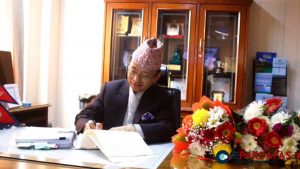
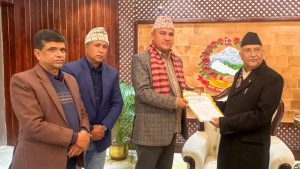

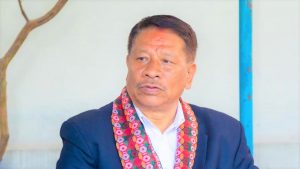

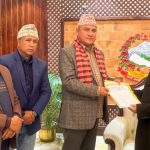



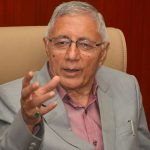
Comments